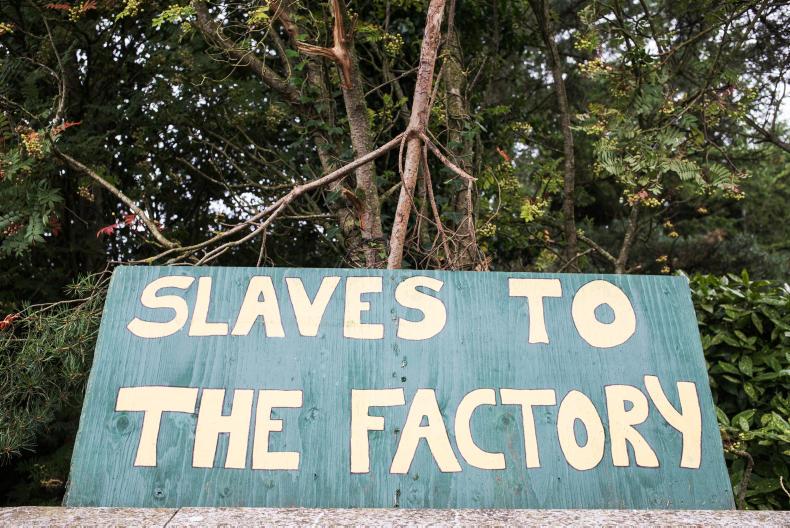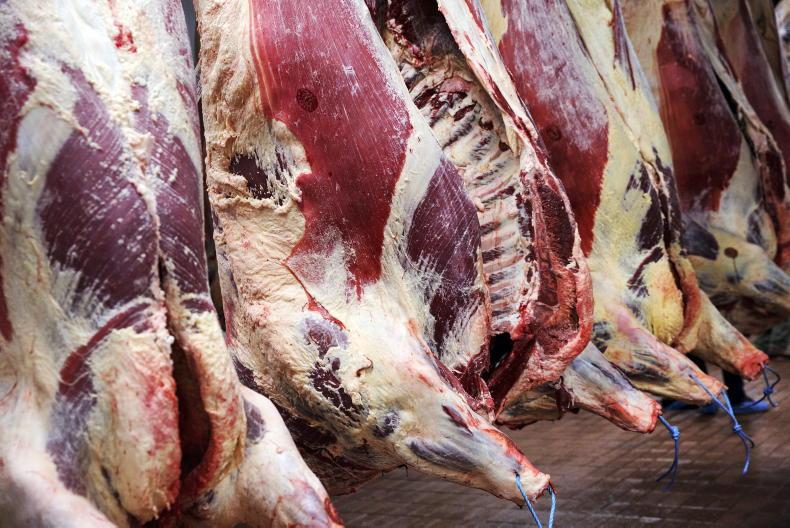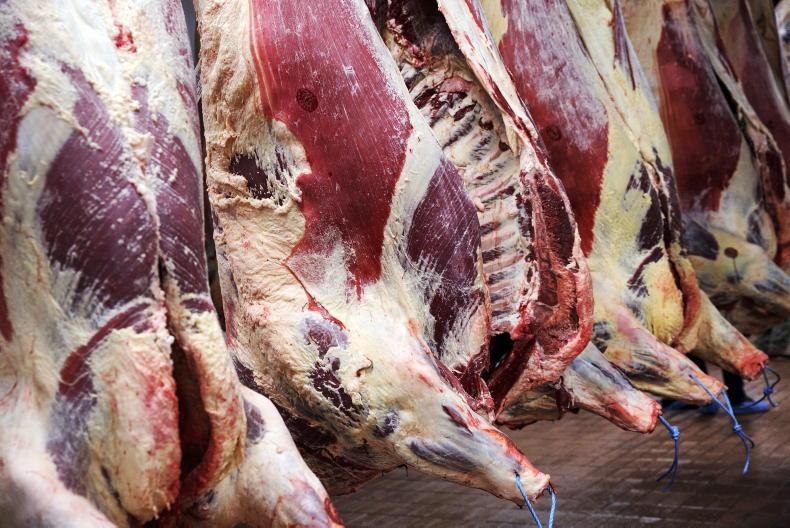The past week has seen marathon beef negotiations, a detailed agreement, continuing protests at factory gates and some further legal action by factories.
The negotiations began on Saturday morning in the Department of Agriculture headquarters in Dublin, chaired by Minister for Agriculture Michael Creed, flanked by his secretary general Brendan Gleeson. They ran through the night and at 4pm on Sunday, the Irish Beef Sector Agreement – detailed on these pages –was concluded.
The farm organisations present were the IFA, ICMSA, ICSA, Macra na Feirme and INHFA, as well as the new groups, the Beef Plan Movement and Independent Farmers of Ireland.
Meat bosses negotiating were Kepak’s John Horgan, Liffey’s Francis Mallon, Dawn’s Niall Browne and ABP’s Frank Stephenson.
The two sides did not talk face to face.
All negotiators recommended the agreement to farmers but within hours it was clear that some protesters were not yet willing to stand down.
On Tuesday, Kepak said it was “indefinitely” postponing a planned €6.5m investment at its site in Drumquin, Co Clare, because of protests.
Dawn stepped up its action against the Beef Plan Movement chair Hugh Doyle on Tuesday night, warning it would make him personally responsible for financial losses of €500,000 or more arising from blockades.
ABP temporarily let go 355 workers from its Cahir plant. Meat Industry Ireland said that the total of staff layoffs at meat plants was now at 6,000.
With the National Ploughing Championships under way, politicians including the President Michael D Higgins, Taoiseach Leo Varadkar, Minister for Agriculture Michael Creed and fellow ministers urged protesters to study Sunday’s agreement, to give it a chance to operate and to avoid further damage to the beef industry.
On Wednesday, Dawn Meats formally complained to gardaí that individuals wearing balaclavas were picketing at its Granagh and Rathdowey plants, describing the development as sinister.
The Restaurants Association of Ireland warned that from next week beef will not be on the menu at some restaurants because of lack of supply.









SHARING OPTIONS